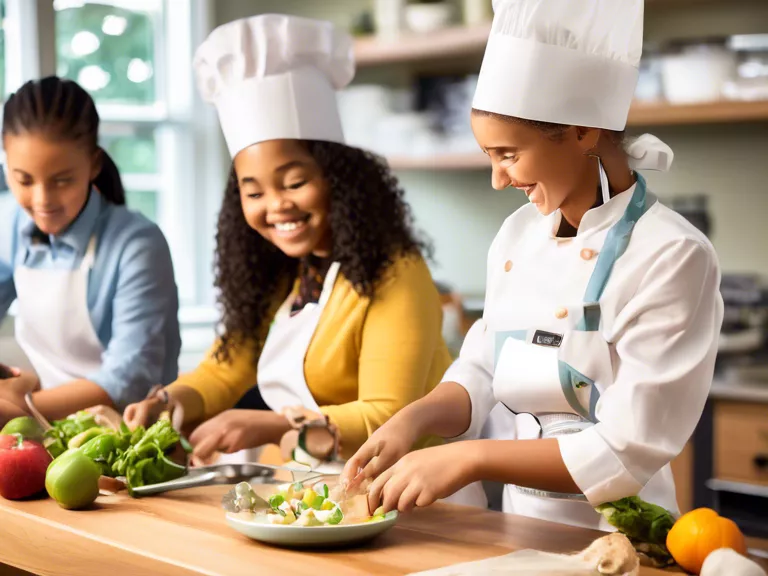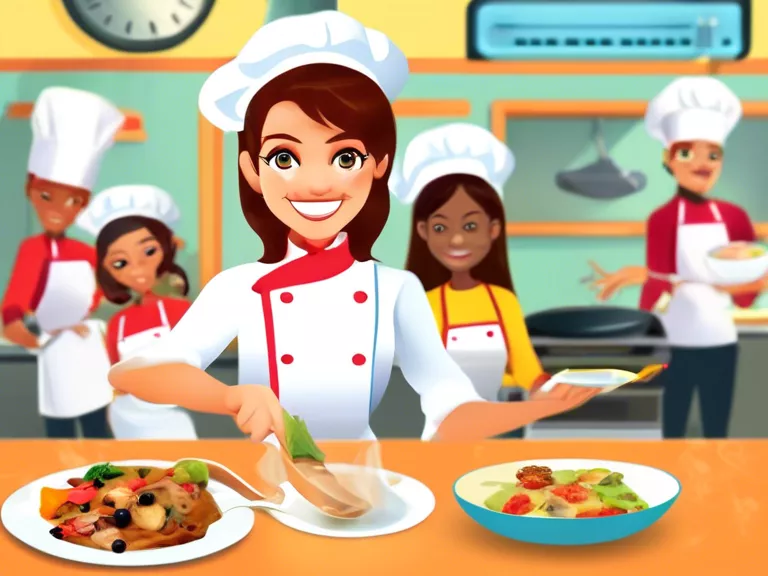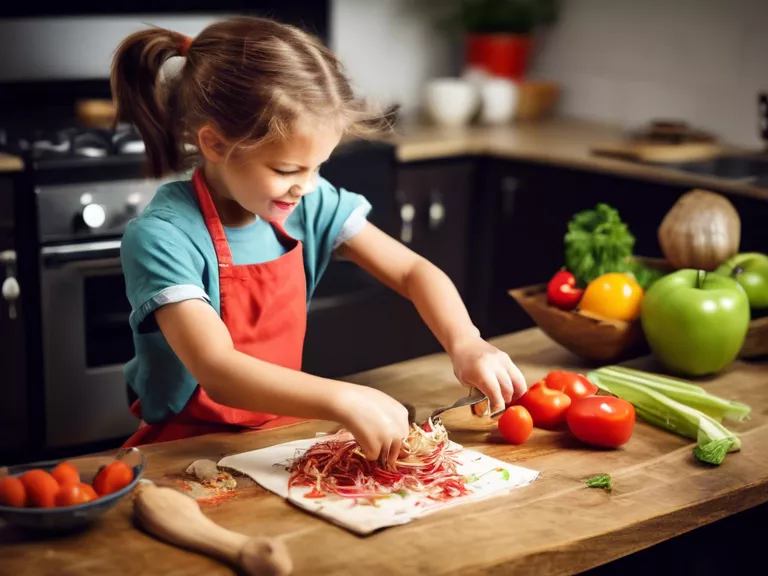
Introduction
In today's fast-paced world, innovation is key to staying ahead of the curve. This holds true even in the culinary world, where traditional recipes are constantly being reinvented and revamped to suit modern tastes. In educational settings, such as cooking classes and culinary schools, embracing innovation in cooking recipes can enhance the learning experience and foster creativity among students.
Importance of Innovation in Cooking
Cooking is an art form that thrives on creativity and experimentation. By introducing innovative cooking recipes in the classroom, students have the opportunity to explore new flavor combinations, cooking techniques, and ingredients. This not only expands their culinary knowledge but also encourages them to think outside the box and develop their own unique cooking style.
Incorporating Technology in Recipe Development
Technology has revolutionized the way we cook and access recipes. In the modern classroom, incorporating technology in recipe development can streamline the cooking process and make learning more interactive. From cooking apps to online recipe databases, students have a wealth of resources at their fingertips to discover and create innovative dishes.
Fusion Cuisine and Global Influences
One of the hallmarks of innovation in cooking is fusion cuisine, which blends different culinary traditions and ingredients to create exciting new dishes. In the modern classroom, incorporating global influences in cooking recipes exposes students to a diverse range of flavors and cooking styles. This cross-cultural exchange not only broadens their culinary horizons but also fosters a deeper appreciation for world cuisines.
Sustainable and Plant-Based Cooking
With an increasing focus on sustainability and health-conscious eating, incorporating sustainable and plant-based cooking recipes in the classroom is essential. Students can learn how to create delicious dishes using locally sourced, seasonal ingredients and explore the versatility of plant-based proteins. This not only promotes environmental awareness but also encourages students to adopt a more plant-forward approach to cooking.
Encouraging Creativity and Collaboration
Innovation in cooking recipes fosters a spirit of creativity and collaboration among students. By encouraging them to experiment, adapt, and personalize recipes, instructors empower students to showcase their culinary skills and express their unique culinary identity. Collaborative cooking projects also promote teamwork and communication, essential skills for success in the culinary industry.
Conclusion
Embracing innovation in cooking recipes in the modern classroom is not just about creating delicious dishes; it's about inspiring creativity, fostering a love for cooking, and preparing students for success in the culinary world. By incorporating technology, global influences, sustainability, and a spirit of collaboration, educators can empower students to become innovative chefs who push the boundaries of traditional cooking and savor the endless possibilities of culinary creativity.

